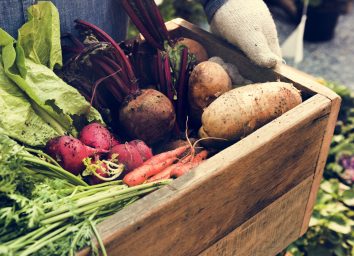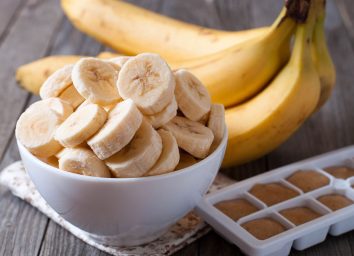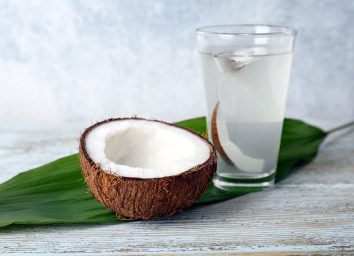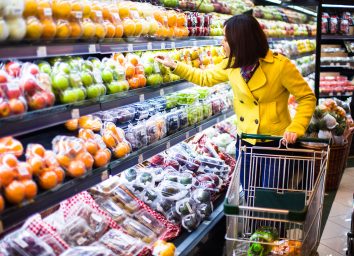Is Eating Organic Really Good for You?
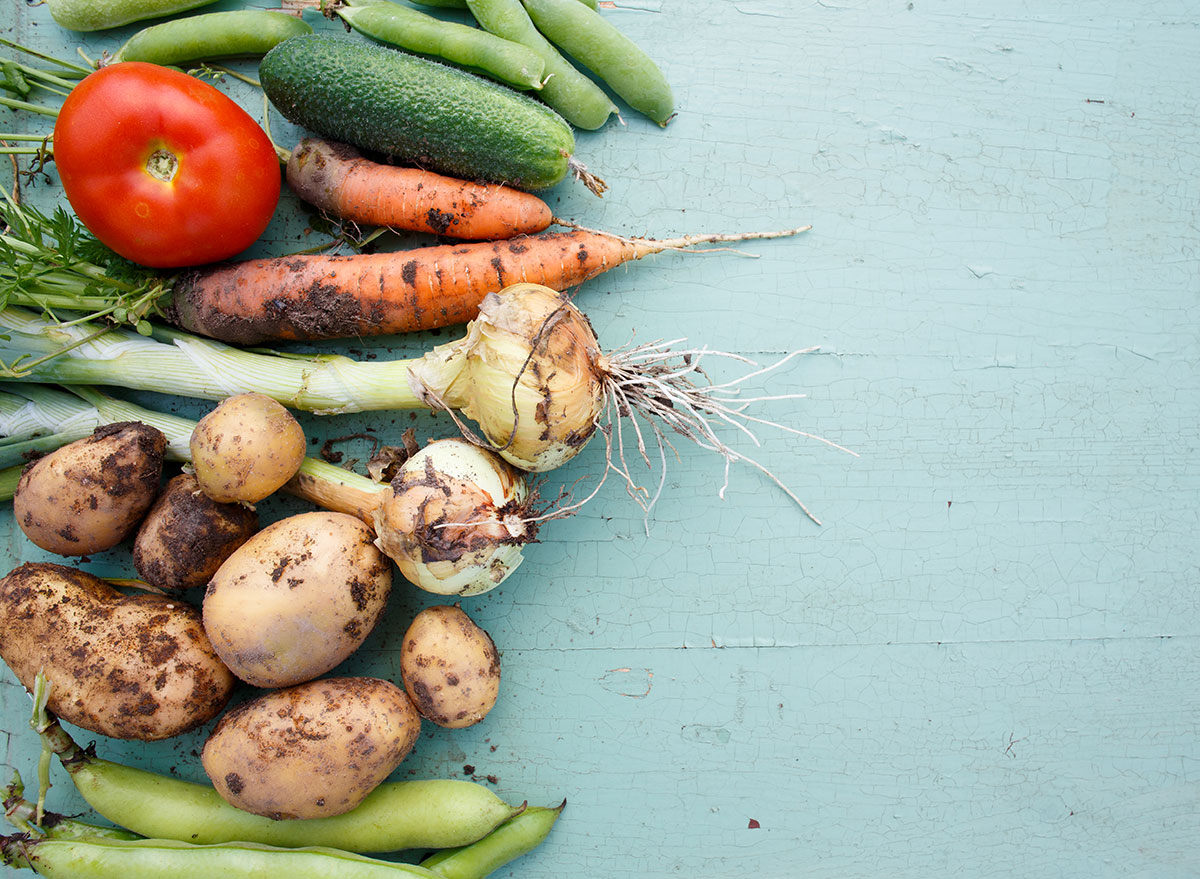
Some people think "organic" and just assume "healthier." Others have heard that the benefits of eating organic are overrated and roll their eyes at the higher prices. So is eating organic really, truly good for you? Is organic food healthier?
I get it—there are so many decisions we have to make at the grocery store, and so many complicated labels to read, and so many things that strain our bank accounts. So to make it a little easier for you, I'm sharing some info on whether organic foods are really better for your health and my advice on if and when you should toss them in your cart.
What does organic really mean?
First, let's make sure we're all on the same page about what organic means. Foods that are USDA-certified organic come from farms and processing facilities that have to meet strict criteria and are checked for compliance.
Of those criteria, most people are more familiar with the "nos." No synthetic pesticides (like chemical herbicides and insecticides) or chemical fertilizers. No antibiotics or growth hormones. No genetically-modified organisms (GMOs).
But there are also standards organic farmers follow related to positive practices: Building soil health, for example, and some requirements related to animal welfare. The overall objective of organic agriculture is to work in conjunction with natural ecosystems in order to produce nutrient-dense food while preserving natural resources, rather than extracting from the earth what we need in a way that uses those resources up.
Are organic foods healthier than conventional foods?
This is a hard question to answer definitively because there are so many variables.
In terms of pesticide exposure, we know that the vast majority of conventional fruits and vegetables are contaminated with pesticide residue. We also know that many of those pesticides, like glyphosate (Roundup), atrazine, and chlorpyrifos are linked to serious health concerns like increased risk of cancer and neurological disorders. The problem is that individuals are exposed to so many different chemicals at very low doses every day, and it's hard to measure the exact effect of low-dose pesticide exposure over time.
What about whether or not organic foods are more nutritious? One literature review published in 2012 was widely reported to have found that while organic foods may reduce exposure to pesticides and antibiotic-resistant bacteria, the scientific literature so far did not show they contained higher nutrient levels (except in the case of phosphorous). However, a 2014 meta-analysis found organic foods had significantly higher levels of antioxidants like polyphenols. Plus, a 2016 meta-analysis found organic milk has a much healthier fatty acid composition compared to conventional milk.
Even more compelling? While all of the mentioned studies looked at the composition of foods, one French study with nearly 70,000 participants found that eating organic food more often was associated with a reduced risk of cancer.
My advice on eating organic.
While the evidence isn't totally conclusive on exactly how eating organic foods might boost your health, I say the research on avoiding pesticide residue and on more antioxidants and healthy fats is solid enough to choose organic.
If you can't always make that choice because of budget constraints, try using the Dirty Dozen list to figure out where to compromise on produce. When it comes to meat, try to commit to organic even more, because nothing good is going to come out of hormones and antibiotics in your food. Another note: If you're pregnant and/or are feeding kids, organic is even more important, because many pesticides have been shown to affect the development of babies' brains and endocrine systems.
Finally, if you're all about conscious living like me, there are many, many other reasons to buy organic food. While low-dose exposures to pesticides might not harm you outright, farm workers are exposed to them in dangerous doses. Organic farming also prevents the pollution of waterways (from chemical pesticides and fertilizers), protects pollinators (like bees!), and builds healthy soil, which is key to sequestering carbon to mitigate climate change.
